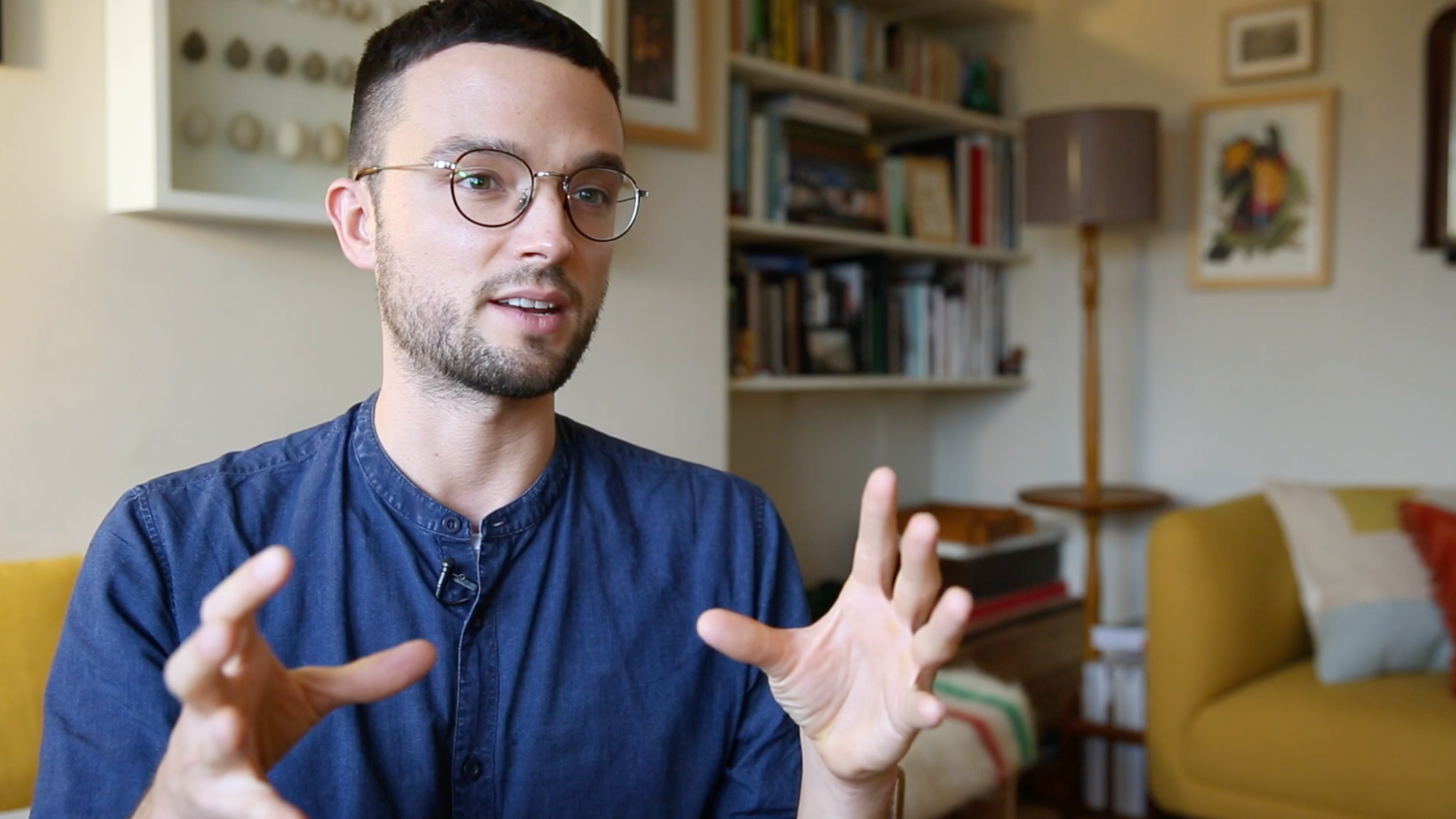Trends Forecaster Jonathan Openshaw takes a look at how the modern phenomenon of short-termism affects all parts of society. In our Decodes: Short-termism research, he looks at whether it impacts our ability to be present in decision-making for our future.
‘Short-termism affects all parts of society, it’s economic, social and cultural. Systemically, the economy is wedded to short-termist delivery. What you’re demanding from people and teaching people to do as business professionals is deliver on the short-term and sacrifice on the long-term.
‘A lot of things that happen around digital culture are incredibly seductive. This mentality has allowed us to build these business models that are based on the transience. A really telling statistic is that in the 1960s, the average amount of time for a stock to be held in a company was eight years. In 2016, it was eight months.’
We’ve worked with a panel of world-leading experts including Trends Forecaster Jonathan Openshaw, Behavioural Economist Ivo Vlaev, Life Coach Fiona Buckland, and Author Lucy Mangan to create this Decodes: Short-termism research.
Jonathan Openshaw is a writer, editor, lecturer and author specialising in the consumer industries, with a focus on technology, luxury and retail. Jonathan works for Soho House group, where he’s an in-house editorial consultant, and Mr Porter, where he writes a monthly column on the future of the workplace. Formerly the editorial director of trends forecasting business, The Future Laboratory, and business editor of Monocle magazine, he has a first-class degree in Social Anthropology from the University of Cambridge.





